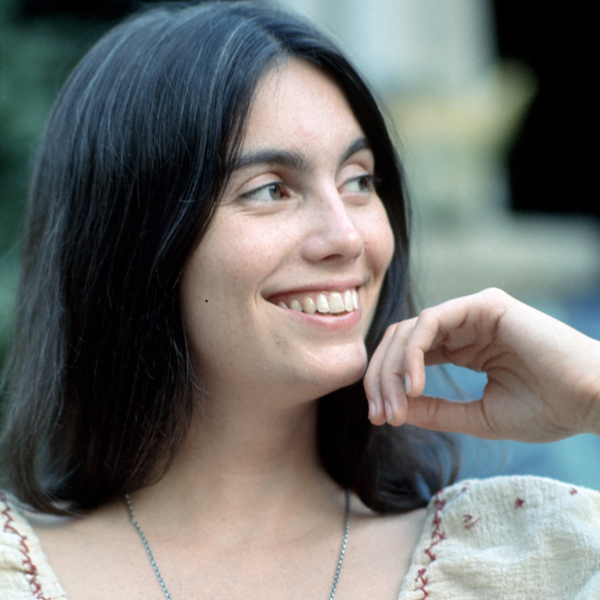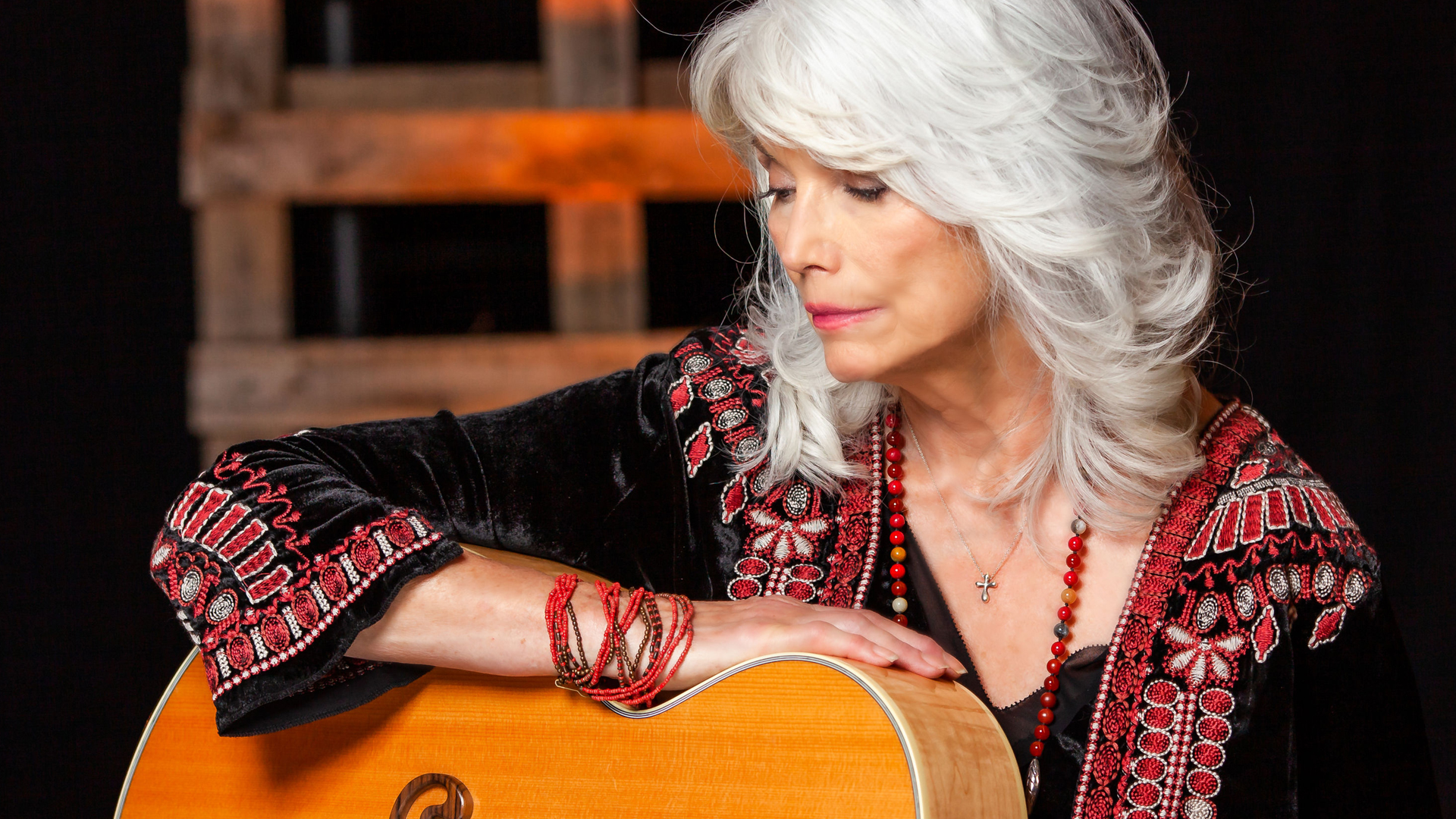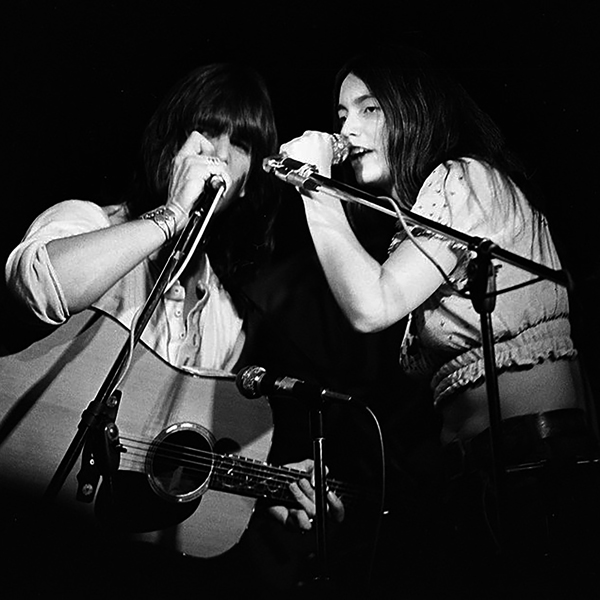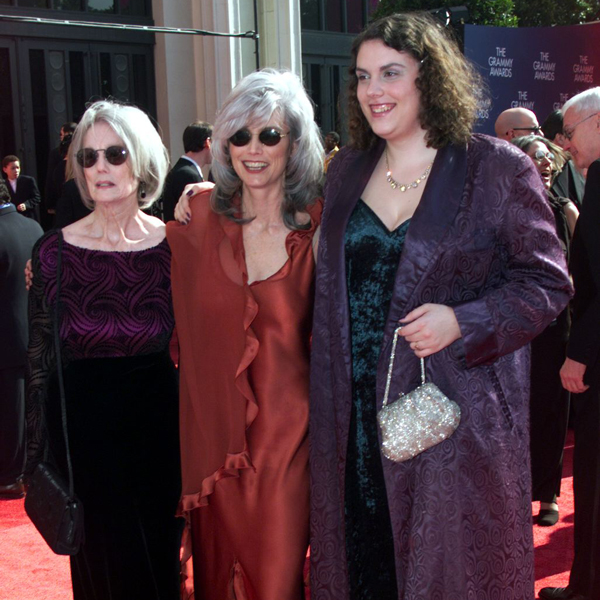Country Music Hall of Famer Emmylou Harris has released dozens of albums in her five-decades-long career. She’s collaborated with Gram Parsons, Dolly Parton and Willie Nelson and has won 14 Grammys.
Here, in her Letter to My Younger Self, she says she’s grateful to Parsons for giving her her voice – but the most perfect day she’s ever experienced was the day her second daughter was born.
I had just gotten into folk music when I was 16. I got a guitar and I was learning everything I could, which basically ended up being three chords. There was a radio station in Washington DC, about 25 miles away, which played folk music every night. It opened up a whole world for me, all those songs and incredible singers and songwriters. So I had my radio on every night while I was doing my homework, just discovering all these artists like Joan Baez, who was really the one who made me pick up a guitar. Besides her music, I feel she changed the heart of America through her involvement in the civil rights movement, using her voice, literally using her voice, the way she did. I’d love to tell that teenage girl listening to the radio that one day she’ll be on stage singing for Joan Baez at her induction into the Kennedy Center Honors [in June 2021].
Looking back on the 16-year-old me, I feel a certain tenderness towards that young girl. I didn’t know much, I was very naive. I had a very sheltered life. I was very intense. I would say to that girl, try to have more fun. I worried about getting good grades. I didn’t really know how to flirt. I didn’t date. I didn’t really know how to fit into the social fabric of high school. And I didn’t see how I could have a career in music because I didn’t study music – I didn’t know music theory. So I thought music would just be something I would do on the side.
I was 21 when I moved to New York City. That’s pretty young, I guess. I didn’t know anyone except the wonderful singer-songwriter Paul Siebel, who introduced me to David Bromberg and Jerry Jeff Walker and all the people who were making music in the [Greenwich] Village. It was a very creative time. I started making music with friends, trying to get little gigs, learning my craft. I was very inspired by the people I heard play, like Joni Mitchell and Townes Van Zandt – I was quite astounded the first time I saw him. I never imagined I would end up recording [Van Zandt’s] Pancho and Lefty, which became a real central part of my repertoire.

I had the most extraordinarily loving parents. We were a very close family and I had a wonderful upbringing in Virginia. Then one day I just kind of said to them, right, I’m out of here, I’m going to New York. And, looking back now, as a parent, I just really can’t believe I put them through that. But they knew I had to follow my own course. They couldn’t have been more supportive, because when I got up there I ended up getting married [to songwriter Tom Slocum] and having my first daughter [at 22] and then my marriage broke up a year later. I went back home with my daughter and it was always a safe haven. It was like, everything’s okay, you have a home as long as you want it. There was never any judgment or anything like that.











